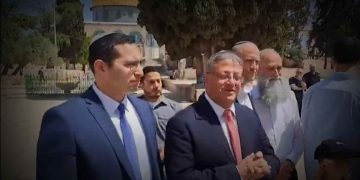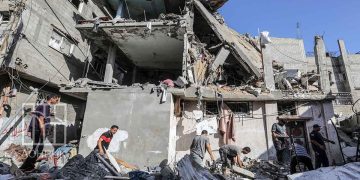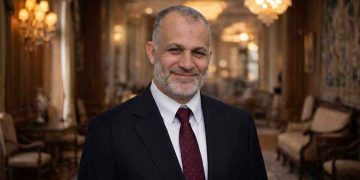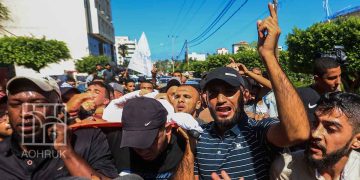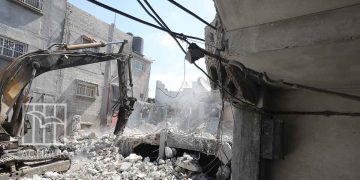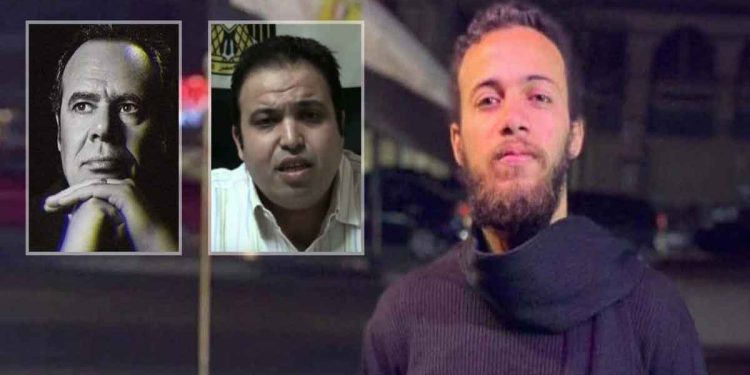In a continued pattern of prolonged pretrial detention and case recycling, Cairo Criminal Court, convened at the Badr Reform and Rehabilitation Centre on Tuesday, 22 April 2025, ordered the renewal of detention for three political detainees—journalist Khaled Mamdouh Mohamed, politician Mohamed El-Qassas, and activist Ahmed Hamdy El-Sayed Suleiman (known as “Jika”)—for an additional 45 days. The decision came without any new investigation or the detainees being granted the right to present a defence, in clear violation of fair trial guarantees and the principles of justice.
Journalist Khaled Mamdouh was arrested at dawn on 16 July 2024 from his home in the Mokattam district without a judicial warrant. He was subjected to enforced disappearance for a week before appearing before the Supreme State Security Prosecution in connection with Case No. 1282 of 2024. He faces charges of “joining and financing a terrorist group” and “spreading false news,” yet no credible evidence has been presented.
During the most recent detention renewal session, Khaled was not present in court but appeared via video conference with the audio muted, preventing him from speaking despite multiple requests. This marked the fifth instance where he was denied the opportunity to speak before a judicial body, breaching his right to defence as outlined in Article 14 of the International Covenant on Civil and Political Rights (ICCPR).
The court also renewed the detention of Mohamed El-Qassas, Deputy Head of the “Strong Egypt” Party, in Case No. 786 of 2020—his third recycled case since his arrest. This reflects a repeated tactic of using pretrial detention to prolong incarceration without trial or conviction.
El-Qassas had previously been sentenced to 10 years in an Emergency State Security Court, where verdicts are not subject to appeal once ratified by the military governor—a process widely criticised for lacking due process.
Similarly, the court extended the detention of activist Ahmed “Jika” on charges related to Case No. 165 of 2024. He has not been interrogated since 26 February 2025. Jika faces the same recurring charges levelled against political activists: “joining and financing a terrorist group.” This marks the third case in which he has been recycled.
Egyptian authorities continue to exploit counterterrorism and emergency laws to curtail public freedoms and detain dissidents without trial, violating Egypt’s own Constitution—Article 54 of which stipulates that detention must be based on a substantiated judicial order—as well as international treaties ratified by Egypt, including the ICCPR.
Pretrial detention in Egypt has effectively become a punitive tool rather than an investigative necessity, with renewals often issued automatically, without hearings, defence arguments, or access to evidence.
These developments are part of a broader campaign against press freedom and political dissent in Egypt, reflecting a systemic crackdown on peaceful expression and political pluralism, and raising grave concerns about the future of civil liberties in the country.


